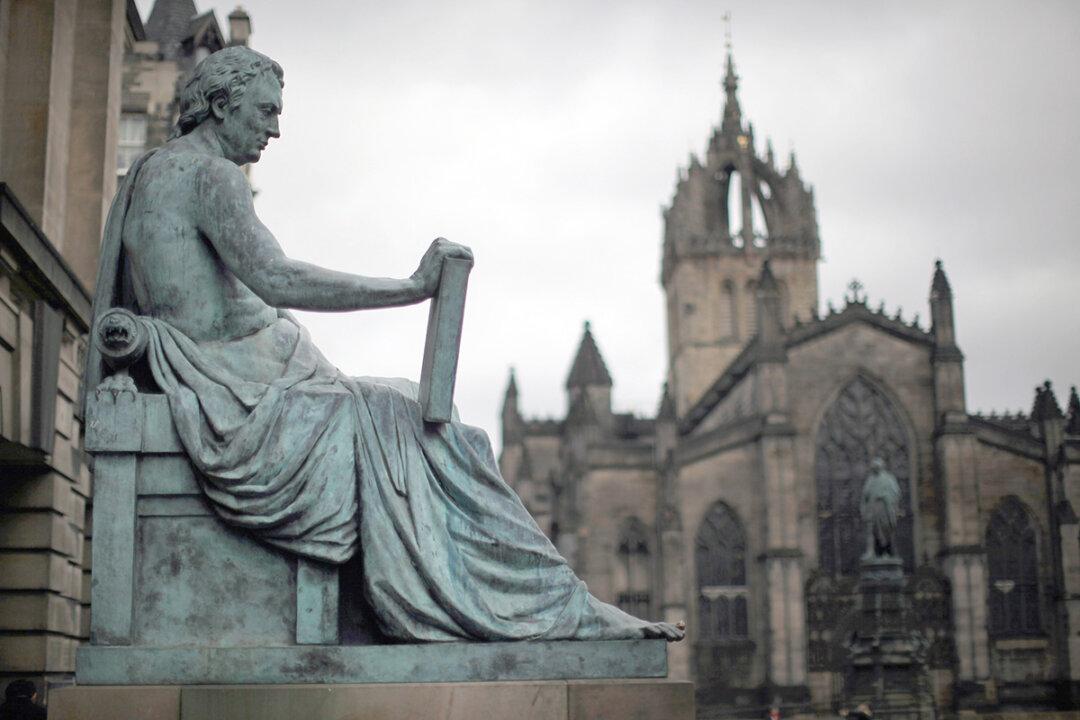Introducing a wealth tax is beyond Holyrood’s power and would not offer a “quick-fix solution” to pressures on the government’s finances in the Scottish budget, the Chartered Institute of Taxation has warned.
Last week, Scotland’s First Minister Humza Yousaf said Holyrood shouldn’t “rule wealth taxes off the table” in the forthcoming Scottish budget. His comments come as the Scottish government faces the inflationary pressures leading to growth in public spending.





